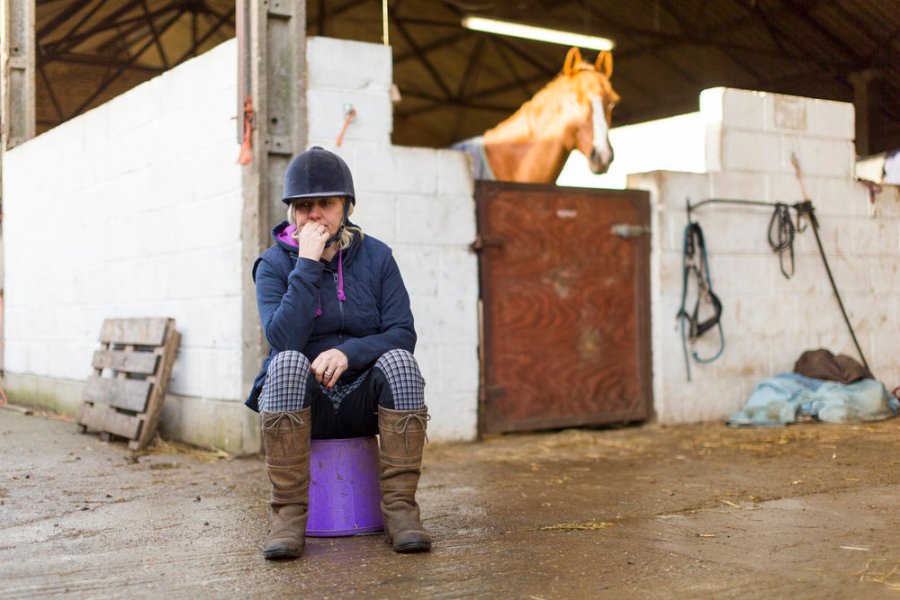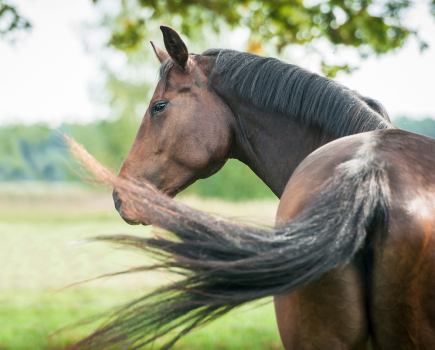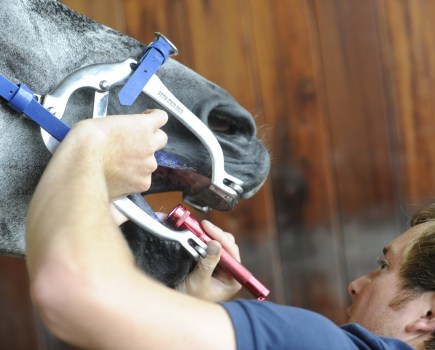Buying a new horse is an exciting prospect, but it can also be a daunting one. Equine solicitor Rebecca Stojak shares what your rights are depending on whether you buy from an individual or a dealer, and what you should do if something goes wrong after the purchase.
If you buy a horse from an individual, then the horse must match any description given – i.e. in the advert, written messages or orally before you buy the horse.
If you a buy a horse from a dealer, the Consumer Rights Act 2015 (the ‘Act’) will apply if you are what is classified by the Act as a ‘consumer’ – i.e. buying the horse is outside of your trade or business. Most amateur riders will fall into this category.
If you buy a horse at an auction, you are not a consumer and you don’t have the same rights as you do against a dealer. If the dealer denies that you’re a consumer, it will be for them to prove that they are right.
The Consumer Rights Act
The Act confirms that you can reject the horse (or possibly claim damages, depending on the facts) if the horse is:
1. Not of satisfactory quality
I.e. the quality that an average person would consider satisfactory quality, taking into account the price, description and other relevant circumstances. If the defects have been pointed you to you by the seller before the purchase, or an examination (such as vetting) should have revealed the defect, you cannot rely on these defects to reject the horse or claim damages.
2. Not fit for the purpose
You need to have made the seller aware of purpose before you bought the horse, either expressly or by your conduct. For example, if you said you wanted the horse to get back into showjumping, this means the horse would need to be able to jump a course of jumps.
You will not be able to rely on fit for purpose if it’s unreasonable for you to rely on the judgement or skill of the seller, for example if you took your trainer with you or you relied on a vetting.
3. They are not as described
I.e. in the advert, in conversations or in correspondence before you bought the horse.
If they’re not quite right
If the horse isn’t right (for the reasons set out above), you can reject it within 30 days of buying the horse and get a full refund. This is the short-term right to reject.
After the 30-day period has expired, the trader has one chance to repair (for example, re-school) or replace (if, say, the dealer has other suitable horses at their yard). If repair or replacement are impossible, you would have the right to a price reduction, or final right to reject the horse for a full refund.
For the first six months, the burden of proof is on the seller – i.e. they must show that the horse was of satisfactory quality and fit for purpose. After six months, it’s for the buyer to prove the faults were there.
Don’t panic
It’s not uncommon to buy a horse and feel like it’s not working out – it happens to the best of us. If you have a problem with the horse, it’s important to act as soon as possible.
I recommend that you get a contract of sale and receipt, and also keep copies of the initial advert and all correspondence until you know you are 100% happy with the horse.
Meet the expert: Rebecca Stojak is an equine solicitor and head of the Equine Law Team at Geldards LLP. She specialises in legal matters for horse owners and has been giving legal advice to them for many years.









